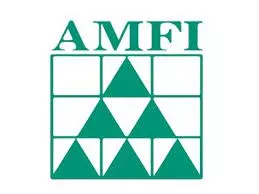
A fixed deposit is a money deposit at a banking institution that cannot be withdrawn for a certain period of time. Once the term is complete, it can either be withdrawn or held for another term. When an account holder chooses to save money in a it, a specific amount of money is placed in a deposit in the name of the account holder. The money placed on deposit earns a fixed rate of interest, as per the terms and conditions of that account. One of the factors that influence the rate of interest would be the tenure of the deposit.
These are offered by banks and companies. However, it should be noted that the deposits offered by a company are not as safe as those offered by banks.
The minimum deposit period for a fixed deposit is 15 days while the maximum period can be over 5 years.
Investing in this type of plan from reputed banks are considered very safe as these banks are regulated by the Reserve Bank of India.
Certain types of offer available with an option wherein the interest is paid to the account holder on a monthly or quarterly basis. This option is extremely beneficial to retirees. One can also take a loan against a fixed deposit.
It will not give you the kind of returns that you could get from the stock markets.
It do not protect you from inflation. What this means is that in case the rate of inflation is higher than the interest rate of the fixed deposit, you will earn negative returns.
The interest rates offered on this plan are vary according to the tenure of your deposit. Generally, deposits with a longer tenure earn a higher interest rate.
In case you choose to reinvest the interest you earn every year, you will earn compound interest. Thus the effective return is higher that the rate of interest on the this.
If you were to withdraw the money before the term expires i.e. breaking a fixed deposit, you will have to pay a penalty, which could be in the form of receiving a lesser rate of interest.
Tekrarlama Saati
fake rolex
replica watches
replika saatler
fake rolex
replica watches





